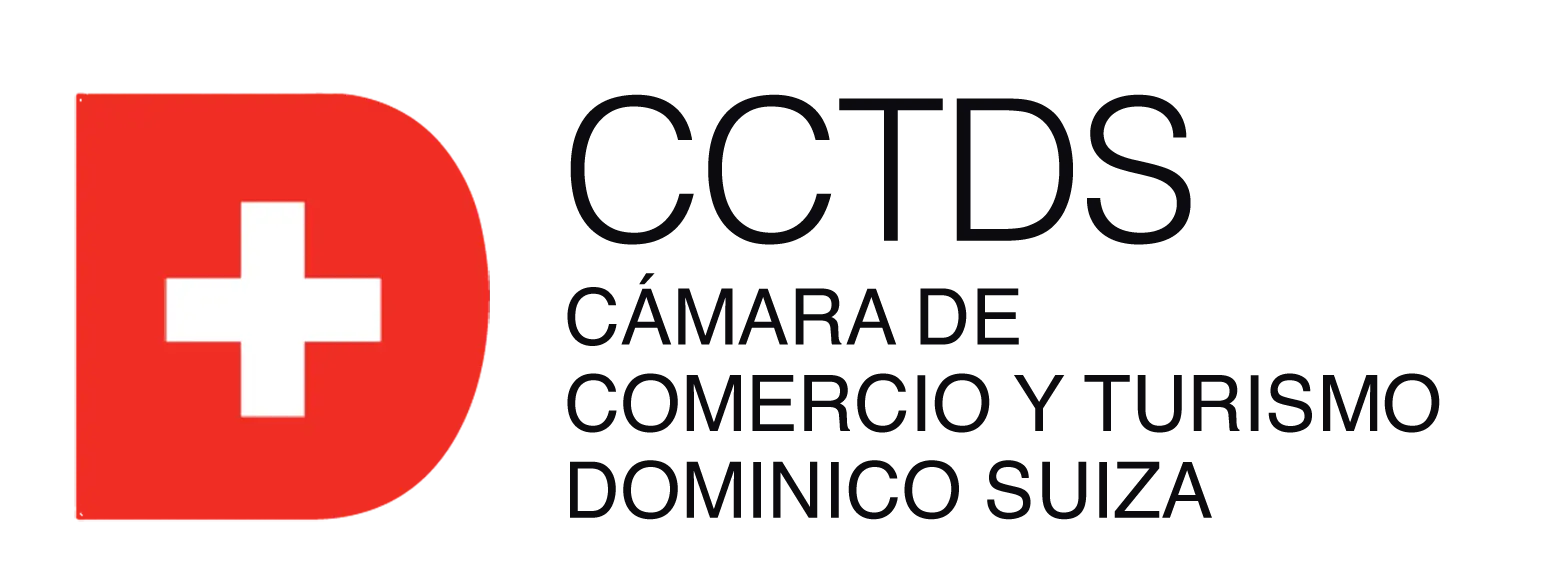What is Intellectual Property Right?
- It recognizes a particular right to authors, creators, inventors or other right holders over works derived from the human intellect, which can contribute to encourage and increase knowledge, creation and innovation.
- It grants its owner the right to freely dispose of his work (for free or for a fee), as well as the exclusive right to authorize or prohibit any form of expression known or to be known, unless expressly provided by law or otherwise applicable contractual stipulation.
Industrial Property vs. Copyright
- Industrial Property: refers to the rights that a natural or legal person has over an invention, be it a patent, utility model, industrial design, trademark or distinctive sign.
- Copyright: entails the legal protection granted to the intellectual author of literary, artistic or scientific works, generated by human intellect.
Industrial Property
Can be subdivided into two categories:
- Distinctive signs (e.g. trade names, brands, slogans, labels)
- Inventions (e.g. patents)
What are the types of industrial property?
Distinctive sign: refers to any sign that constitutes a brand, a commercial name, a label or an emblem, a geographical indication or a denomination of origin.
Trademark: is any sign or combination of signs capable of graphic representation capable of distinguishing the products or services of a company from the products or services of other companies.
Commercial name: is the name, denomination, designation or abbreviation that identifies a company or establishment.
Label: refers to any visible sign used to identify a specific business premises.
Emblem: is any figurative sign used to identify a company.
Geographical indication: one that identifies a product as originating from the territory of a country, or from a region or locality of that territory, when a certain quality, reputation or other characteristic of the good is attributable.
How is industrial and intellectual property protected?
Industrial property (specifically trademarks) is protected through registration with the National Industrial Property Office (ONAPI).
In the case of Copyright, ownership and protection is held from the very moment of the creation of the work. It can be registered in the National Copyright Office (ONDA); such registration with the ONDA is merely declarative and widely used (and recommended) as evidentiary support in the event of litigation.
Must know: In the case of trademarks, the time for obtaining registration is typically 3 months from the date of the application, so long as there are no objections or oppositions to the registration. In the case of commercial names, the time for obtaining registration is typically 24 hours from the date of the application. Also, the registration certificate for distinctive signs is granted for a period of ten (10) years from its issuance, renewable for equal periods.
In the event that the commercialization of a product is intended under a factory brand or predetermined formula in the DR, it is recommended that said rights be registered with the competent authorities, mainly the brand of the products.









